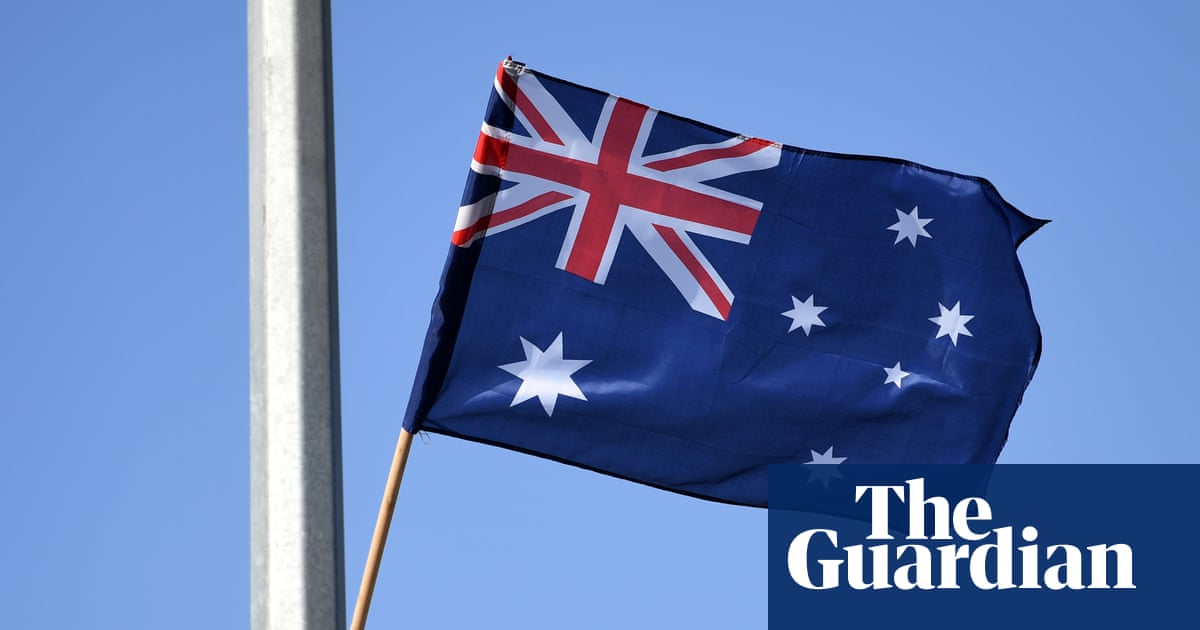Australia and Albanese Plan UN Recognition of Palestinian State
Australia, led by Albanese, plans to recognize a Palestinian state at the United Nations General Assembly in September, a move facing criticism from Netanyahu.
Subscribe to unlock this story
We really don't like cutting you off, but you've reached your monthly limit. At just $5/month, subscriptions are how we keep this project going. Start your free 7-day trial today!
Get StartedHave an account? Sign in
Overview
- Australia, under Prime Minister Albanese, intends to formally recognize a Palestinian state, signaling a significant shift in its diplomatic stance on the Israeli-Palestinian conflict.
- This planned recognition is set to take place during the upcoming United Nations General Assembly session in September, utilizing the international forum for the declaration.
- The decision by Australia comes despite strong opposition and criticism voiced by Israeli Prime Minister Netanyahu, highlighting the contentious nature of the proposed move.
- The timing of this diplomatic action is specifically scheduled for September, aligning with the UN General Assembly's calendar and indicating a clear foreign policy agenda.
- Australia's move could potentially influence other nations' approaches to the Israeli-Palestinian issue, fostering broader international recognition of a Palestinian state.
Report issue

Read both sides in 5 minutes each day
Analysis
Center-leaning sources cover this story neutrally by presenting a balanced account of the diplomatic dispute between Australia and Israel. They focus on reporting the statements and actions of all involved parties without injecting editorial bias or favoring one side, allowing readers to form their own conclusions based on facts and diverse perspectives.
Articles (3)
Center (1)
FAQ
Australia plans to recognize a Palestinian state at the UN General Assembly in September to contribute to international momentum toward a two-state solution, aiming to break the cycle of violence and support peace efforts in the Israeli-Palestinian conflict. This move reflects Australia's view that the world can no longer wait for negotiated implementation of UN Resolution 181, originally supporting both Israel and Palestine states.
The Palestinian Authority has committed to governance reforms, terminating prisoner payments, instituting schooling reform, demilitarisation, holding general elections, and reaffirmed recognition of Israel's right to exist. These commitments have been acknowledged directly by Australia as part of the basis for their recognition of Palestinian statehood.
Israeli Prime Minister Benjamin Netanyahu has strongly criticized Australia’s decision to recognize a Palestinian state, reflecting the contentious nature of the move and Israel's opposition to Palestinian statehood given ongoing issues like settlement expansion and annexation threats in occupied territories.
Australia’s recognition could encourage broader international recognition of a Palestinian state by helping build historic global momentum toward a two-state solution. This may influence other nations’ policies and contribute to the international community's efforts to establish Palestine within the UN framework and peace process.
Australia was the first country to support UN Resolution 181 in 1947, which proposed creating two states for Israelis and Palestinians side by side, and has historically supported Israel's existence alongside a two-state solution. The current recognition aligns with this longstanding position, adapting to regional developments and global diplomacy.
History
- This story does not have any previous versions.

